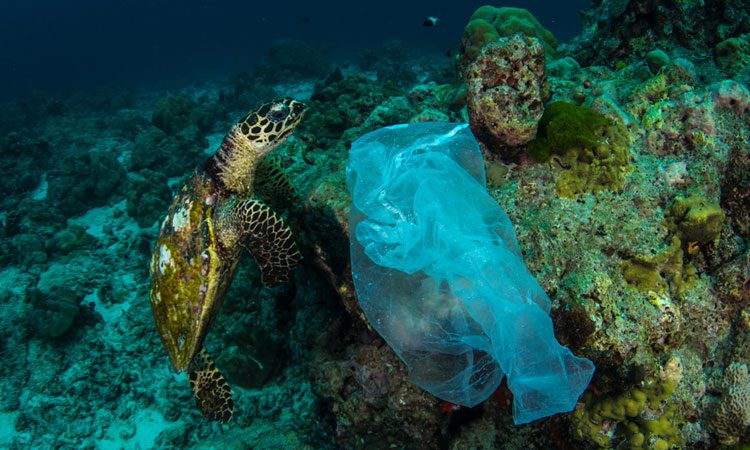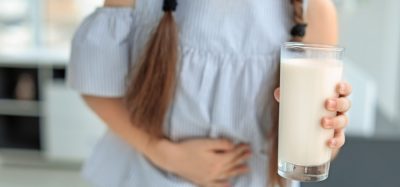Biodegradable plastic blend offers new options for disposal
- Like
- Digg
- Del
- Tumblr
- VKontakte
- Buffer
- Love This
- Odnoklassniki
- Meneame
- Blogger
- Amazon
- Yahoo Mail
- Gmail
- AOL
- Newsvine
- HackerNews
- Evernote
- MySpace
- Mail.ru
- Viadeo
- Line
- Comments
- Yummly
- SMS
- Viber
- Telegram
- Subscribe
- Skype
- Facebook Messenger
- Kakao
- LiveJournal
- Yammer
- Edgar
- Fintel
- Mix
- Instapaper
- Copy Link
Posted: 30 August 2018 | Iqra Farooq (New Food) | No comments yet
Researchers have identified particular plastic blends which are able to decompose in all soil and water conditions, paving the way to a cleaner environment.


Researchers have shown that certain blends of bioplastics can decompose under diverse conditions.
Many futuristic scenarios involve plastic being thrown into a household composting bin which breaks down the plastic and produces biogas to power homes. Researchers in this study have taken a step forward and have identified plastics that decompose in all soil and water conditions.
Pollution from plastic waste is a global environmental problem. Oceans are particularly affected, with plastic debris harming and killing sea animals and birds that ingest or become tangled. Despite many countries around the world increasing their levels of recycling, most plastic waste ends up in landfills or elsewhere in the environment.
Previously, researchers have developed biodegradable plastics, but as they often lack the flexibility, toughness and strength needed, they are not currently used in place of conventional plastics. Blends of plastics perform better with regard to these characteristics; however, their environmental fate has been uncertain until now.
Researchers Dr Tanja Narancic, Associate Professor Kevin O’Connor, Dr Ramesh Babu Padamati and their colleagues examined the degradation of individual bioplastics and their blends under various conditions.
They studied 15 different blends or plastics under controlled conditions, such as composting and anaerobic digestion, as well as unmanaged environments, such as soil, fresh water and marine water.
Polylactic acid (PLA) is currently a best-selling biodegradable plastic on the market, however it requires high temperatures for breakdown and is not home-compostable. A blend of PLA and polycaprolactone (PCL) was found to completely degrade to carbon dioxide, biomass and water under ordinary home-composting conditions.
Many individual plastics and blends that were tested decomposed under conditions of anaerobic digestion, a process which produces biogas. With industrial composting, all tested plastics and blends decomposed.
The researchers suggest that biodegradable plastic blends could create new possibilities to manage plastic waste. However, only two plastics, polyhydroxybutyrate (PHB) and thermoplastic starch (TPS) broke down completely under all soil and water conditions.
Therefore, the researchers suggest that biodegradable plastics are not ‘a panacea for plastic pollution’, and should be managed carefully after they leave the consumer.
The study was published in the ACS journal Environmental Science and Technology.
Related topics
Food Waste, Packaging & Labelling, Research & development, Sustainability, Technology & Innovation, The consumer









